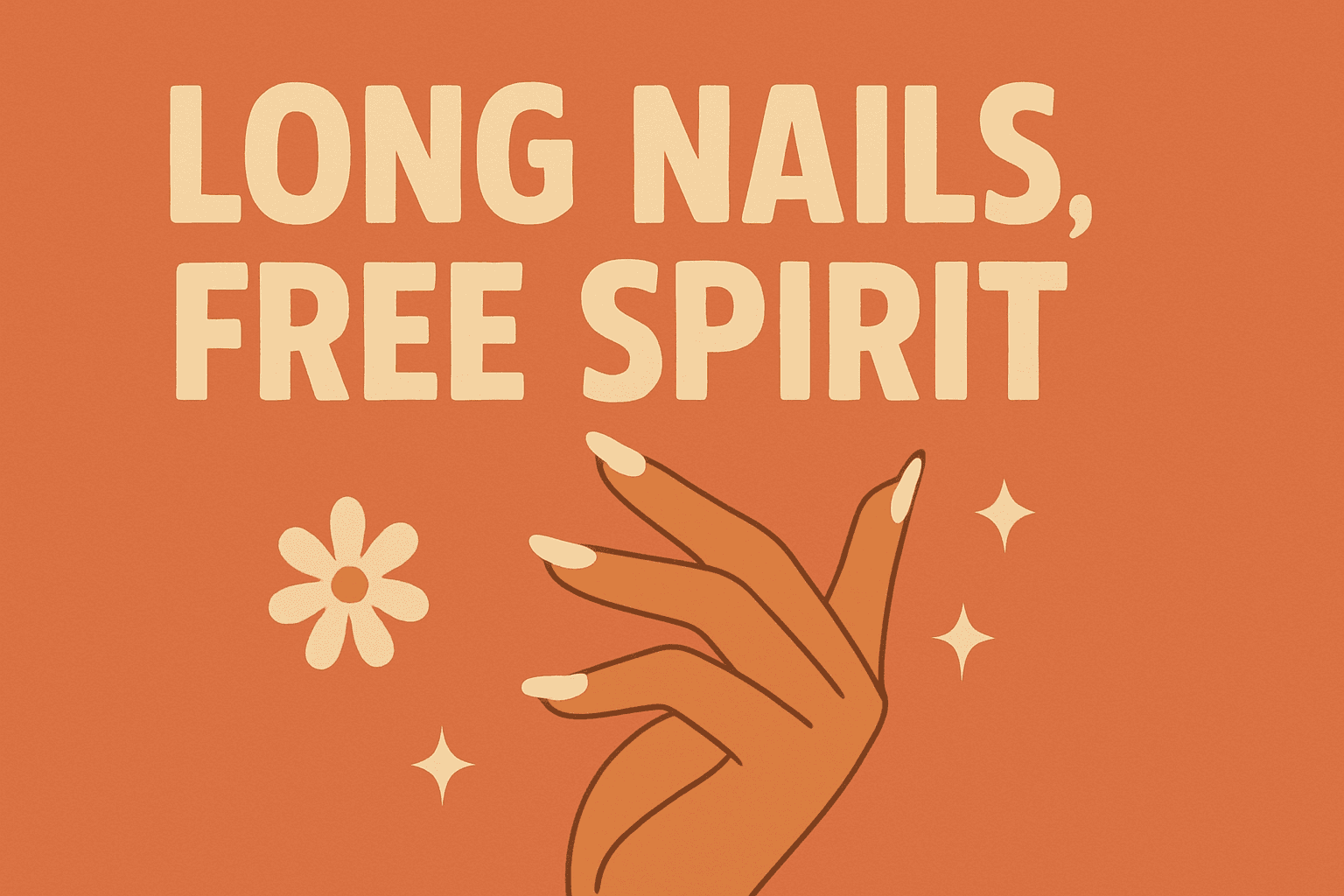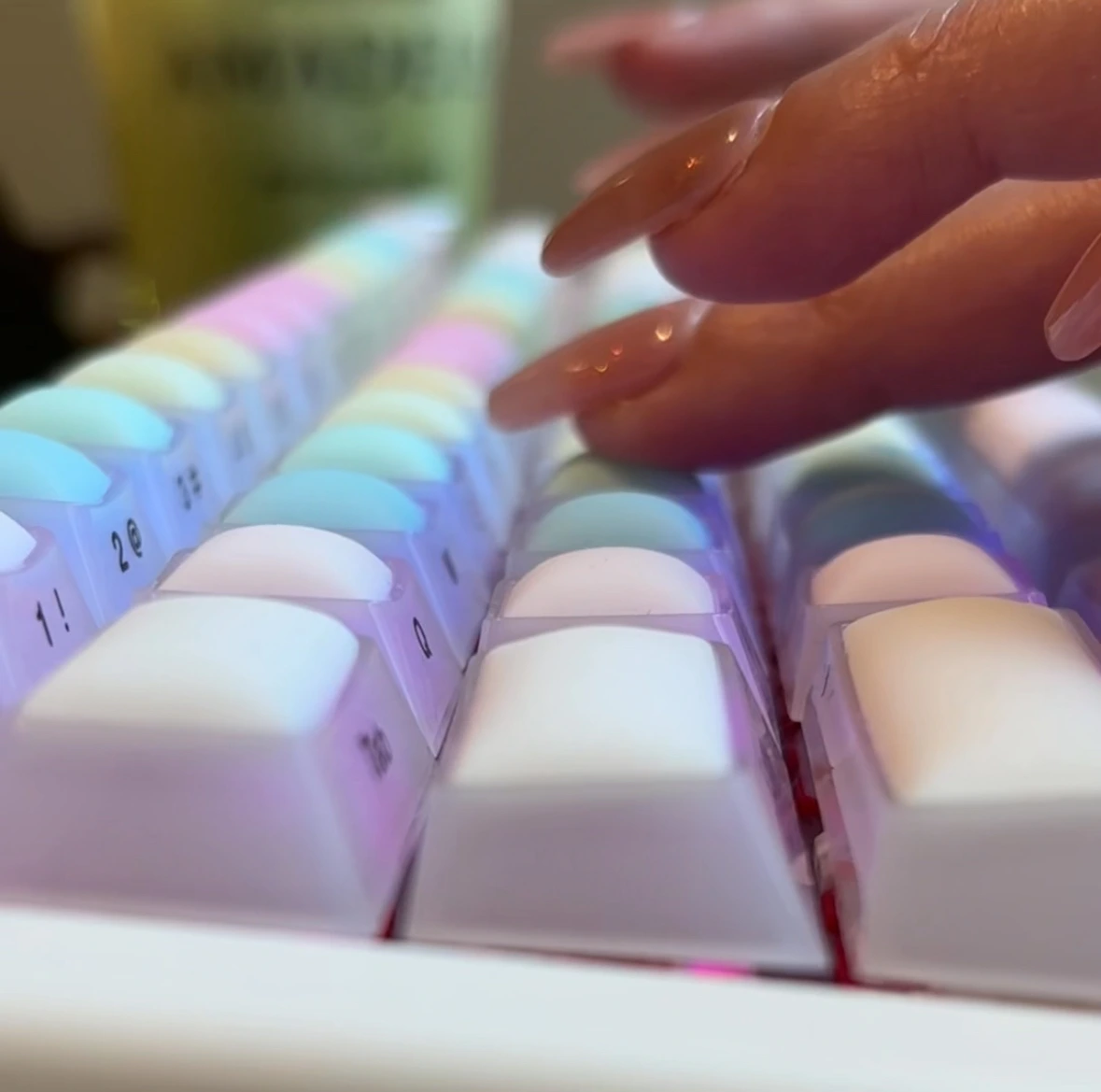Why I Switched to a Liquid Silicone Keyboard—and Why You Might Want To, Too (2025)

I used to think all keyboards were the same—until I broke a $75 manicure just trying to reply to an email.
That’s when I started paying attention. If you’re someone with long nails like me, you already know: typing on most keyboards isn’t just uncomfortable—it’s a battlefield. Sharp plastic keys. Awkward angles. That tight space between rows where your nail always gets caught. After a while, I realized the problem wasn’t me—it was the keyboard.
And that’s how I discovered liquid silicone.
What’s So Special About Liquid Silicone?
Before I tried one myself, “liquid silicone” just sounded like a fancy marketing term. But the difference was obvious the second my fingers touched the keys. It’s not like rubber. It’s not like plastic. It’s… something else entirely.
The surface is soft, almost buttery, but not slippery. There’s just the right amount of bounce—it pushes back gently when you type, so your fingers don’t slam down like they do on traditional mechanical boards. And best of all? My nails don’t get jammed between keys or scratched by sharp edges anymore.
I later learned that liquid silicone is actually used in high-end medical and baby products because it’s gentle on the skin and highly durable. So yeah—it makes sense that it would be perfect for something your fingers touch every single day.
Long Nails Deserve Better
Let’s be real: most keyboards weren’t designed with long nails in mind. They were made for flat fingertips, fast typing, and maybe even a little aggression. But when your nails extend past the tip of your finger, everything changes. The angle, the pressure, the way you hit a key—it’s all different.
I used to type using the pads of my fingers, curling my hands into weird shapes just to avoid hitting the wrong key. Not only was it slow, it actually hurt after a while. I even tried those weird finger cots people recommend online. (Spoiler: they looked ridiculous and didn’t work.)
What I needed wasn’t a workaround. I needed a better keyboard.
Why Liquid Silicone Changed Everything for Me
Here’s what I noticed after switching:
-
No more chipped nails. Seriously. Even when I’m typing fast, the silicone cushions every tap.
-
Better typing posture. I can finally relax my hands instead of holding them at weird angles.
-
Less noise. I didn’t realize how much I hated the “click-clack” sound until it was gone. The liquid silicone layer dampens the sound without losing the tactile feedback.
-
Comfort that lasts. I spend hours on my laptop daily—whether it’s emails, writing, or editing TikToks. My hands don’t ache anymore.
It’s like going from wooden clogs to memory foam sneakers—for your fingers.
Not All Silicone Is Created Equal
Here’s the thing: not every “silicone keyboard” is actually made with liquid silicone. Some are just coated with a thin rubbery layer, and that’s not the same.
Our TAPÉ Daydream keyboard uses a full layer of high-quality liquid silicone, not just a surface coating. Every key is soft-touch molded, with enough durability to handle daily use and enough precision to avoid typos.
It’s also designed with nail users in mind. The key height, spacing, and pressure feel were all tested by people like me—people who care just as much about how something looks as how it works.
🧩 Feature |
Traditional Plastic Keyboards |
TAPÉ Liquid Silicone |
|---|---|---|
Touch Feel |
❌ Hard, clicky
|
✅ Soft, cushioned
|
Nail-Friendly |
❌ Often causes chipping
|
✅ Nail-protective
|
Typing Noise |
❌ Loud
|
✅ Quiet and soft
|
Comfort Over Time |
❌ Causes finger fatigue
|
✅ Feels natural & easy
|
Surface Grip |
❌ Slippery
|
✅ Non-slip texture
|

If You’re Still Wondering…
Is it worth switching? I’d say this: if you’ve ever hesitated before typing because you didn’t want to ruin your nails, or if you’ve adjusted the way you type just to avoid pain or mistakes—then yes, it’s time.
I wish I had switched sooner. And honestly, it’s not just about nails anymore. It’s about how it makes me feel—like the keyboard was actually made for me.
If that sounds like something you’ve been missing, then maybe it’s time to try a keyboard that’s soft where it matters most.
